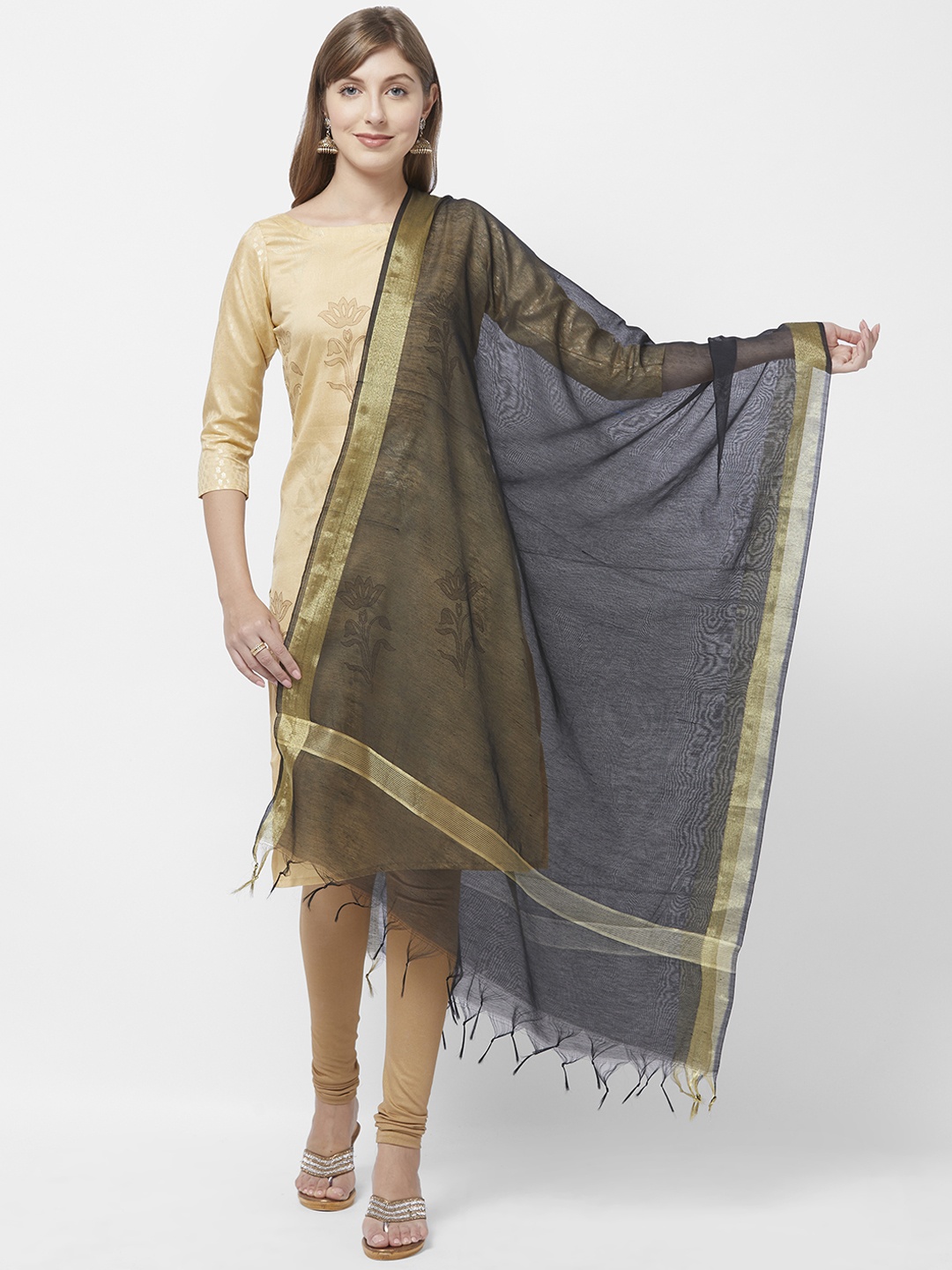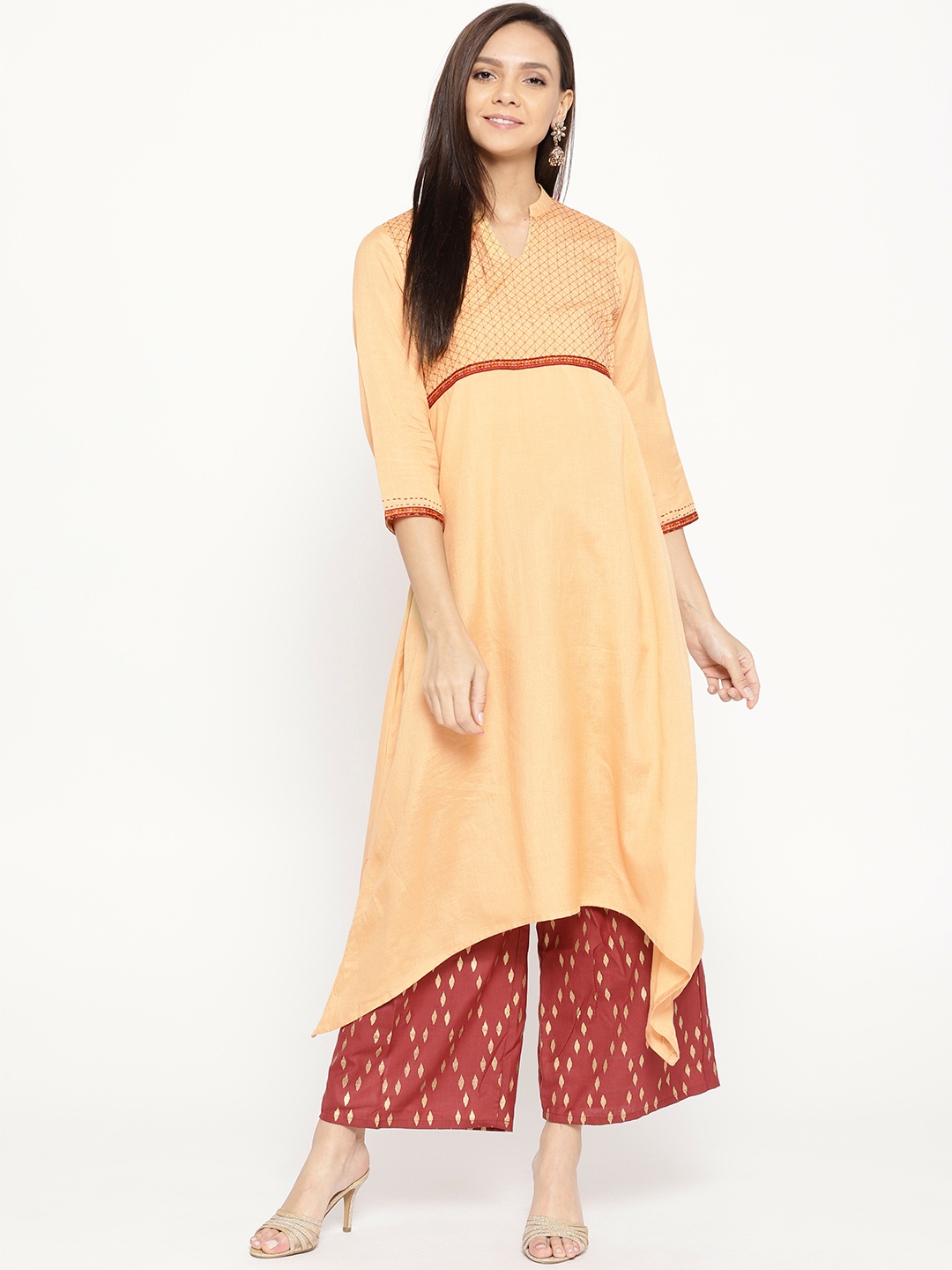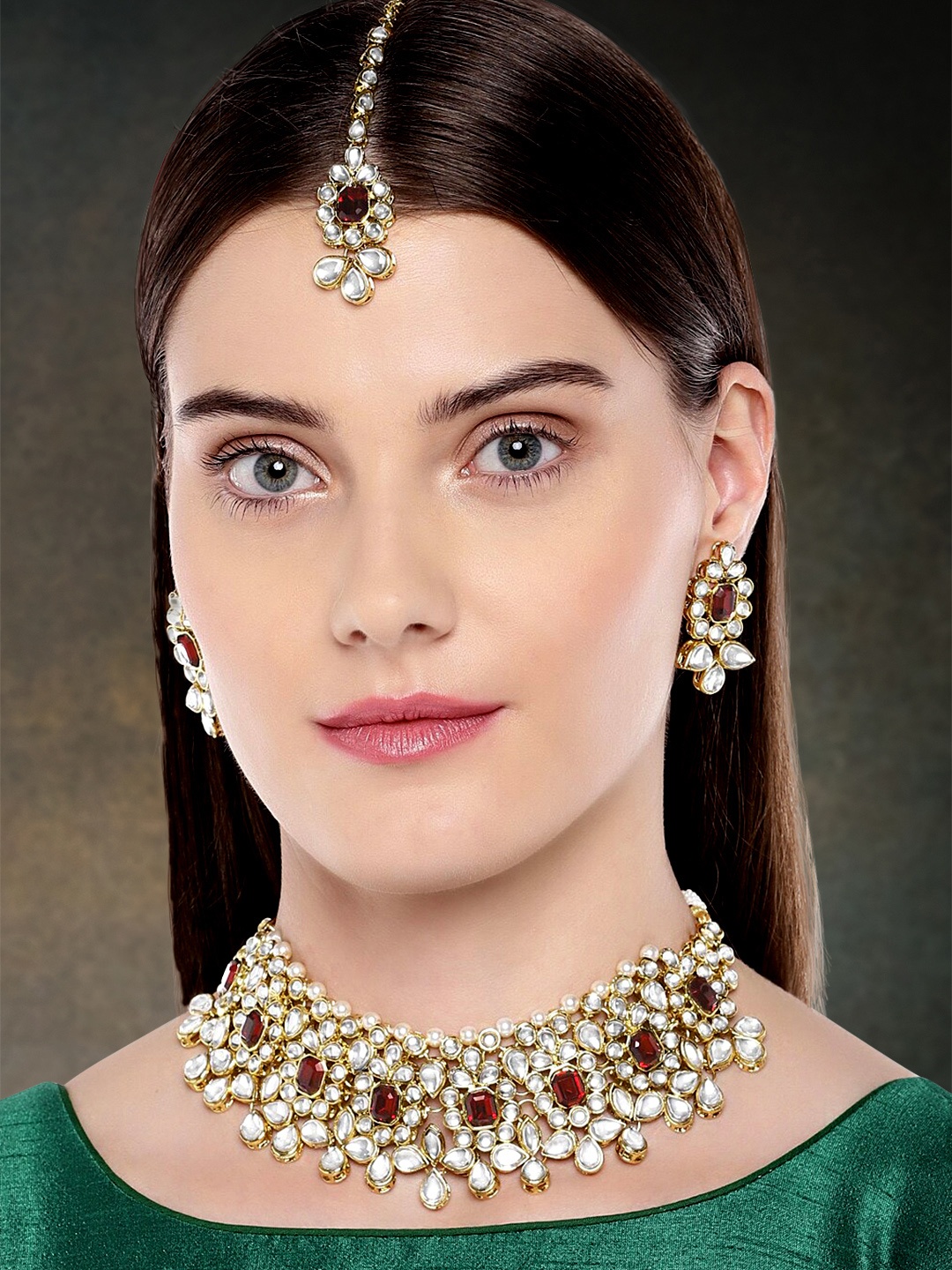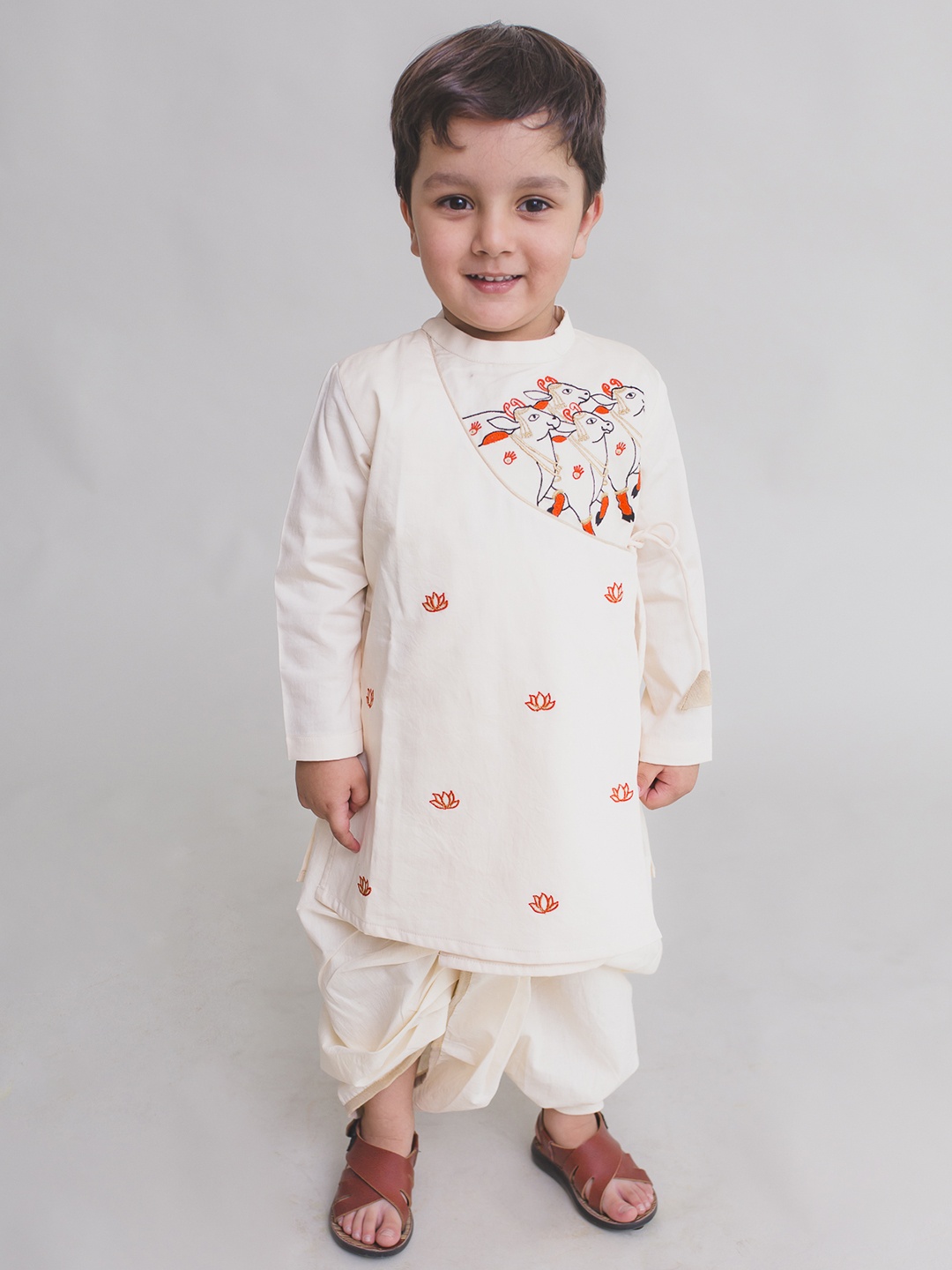10 Things To Check Before Buying Gold And Silver Jewellery This Wedding Season
Planning to buy gold or silver jewellery this wedding season? Discover 10 expert tips to ensure purity, authenticity, and value before making your purchase.

Buying gold and silver jewellery is a blend of emotion and investment.
The wedding season in India is synonymous with celebration, vibrant colors, and unmatched grandeur, and jewellery is at the heart of every bridal ensemble. Across the country, brides adorn themselves with exquisite ornaments that reflect regional traditions and cultural heritage. From the elegant Dejor worn by Kashmiri brides to the intricate Vanki gracing brides in South India, jewellery is more than an accessory, it's a statement of identity and tradition. Gold and silver, considered auspicious and valuable, remain integral to every bridal look. For many families, purchasing these ornaments is not just about enhancing beauty; it's a cherished ritual, a symbol of prosperity, and often a wise investment. However, with fluctuating prices, endless designs, and varying quality standards, choosing the perfect pieces can feel overwhelming.
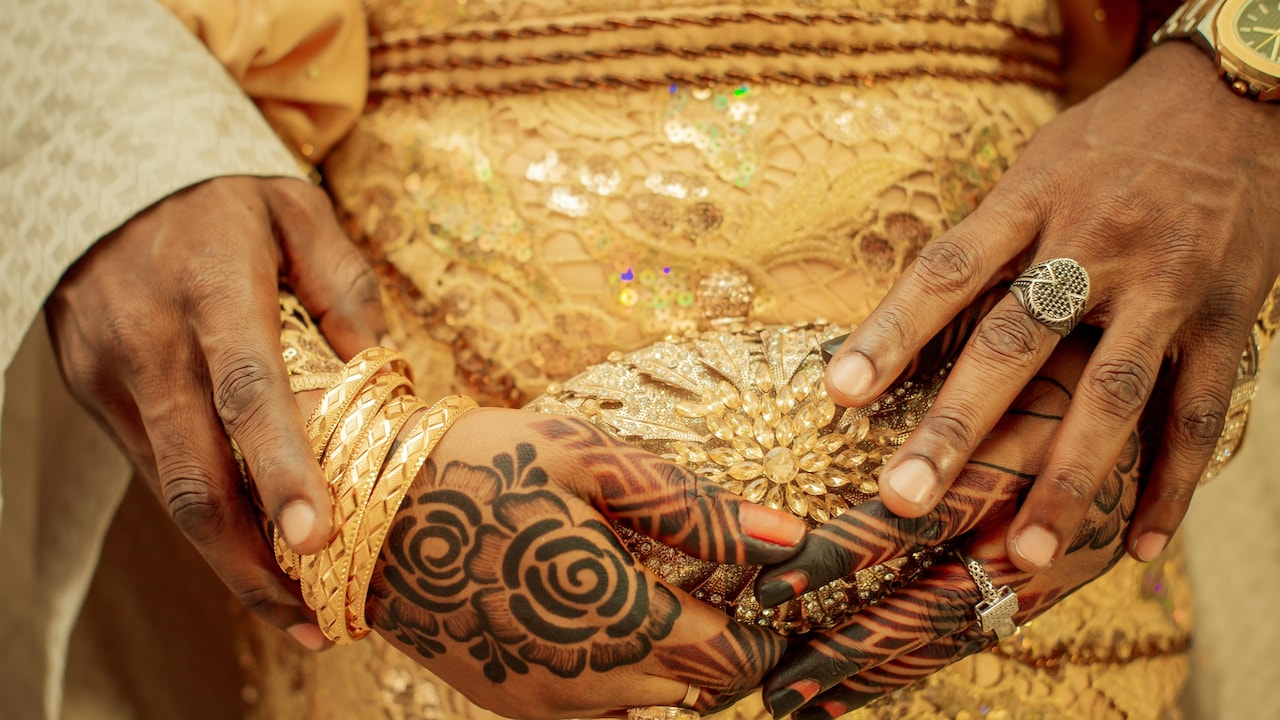
Always check for BIS hallmark on gold and 925 stamp on silver.
Photo Credit: Pexels
Whether you're buying for yourself or gifting a loved one, here's a comprehensive guide to help you shop smart and make informed decisions this wedding season.
Also Read: Necklines For Brides To Be: V-Neck, Round or Sweetheart, What's Trending In 2026
10 Things To Check Before Buying Gold or Silver Jewellery
1. Verify Purity
Purity determines both the value and durability of your jewellery. For gold, purity is measured in karats (K) - 24K is pure gold, while 22K and 18K are commonly used for ornaments. Always look for the BIS hallmark in India, which certifies authenticity. For silver, ensure it carries the 925 stamp, indicating sterling silver (92.5% pure silver). Anything less may tarnish quickly or lose value over time.
2. Check The Hallmark
A hallmark is your assurance of quality. For gold, BIS hallmarking includes:
- The BIS logo
- Purity in karats
- The jeweller's identification mark
For silver, the hallmark should confirm its grade. Never buy jewellery without this certification, as it protects you from fraud and guarantees authenticity.
3. Understand Current Market Rates
Gold and silver prices fluctuate daily based on global trends. Before stepping into a store or browsing online, check the prevailing rates on trusted sources such as the India Bullion and Jewellers Association (IBJA) or your bank's website. This helps you avoid overpaying and gives you leverage to negotiate. Remember, even a small difference in price per gram can make a big impact on your final bill.
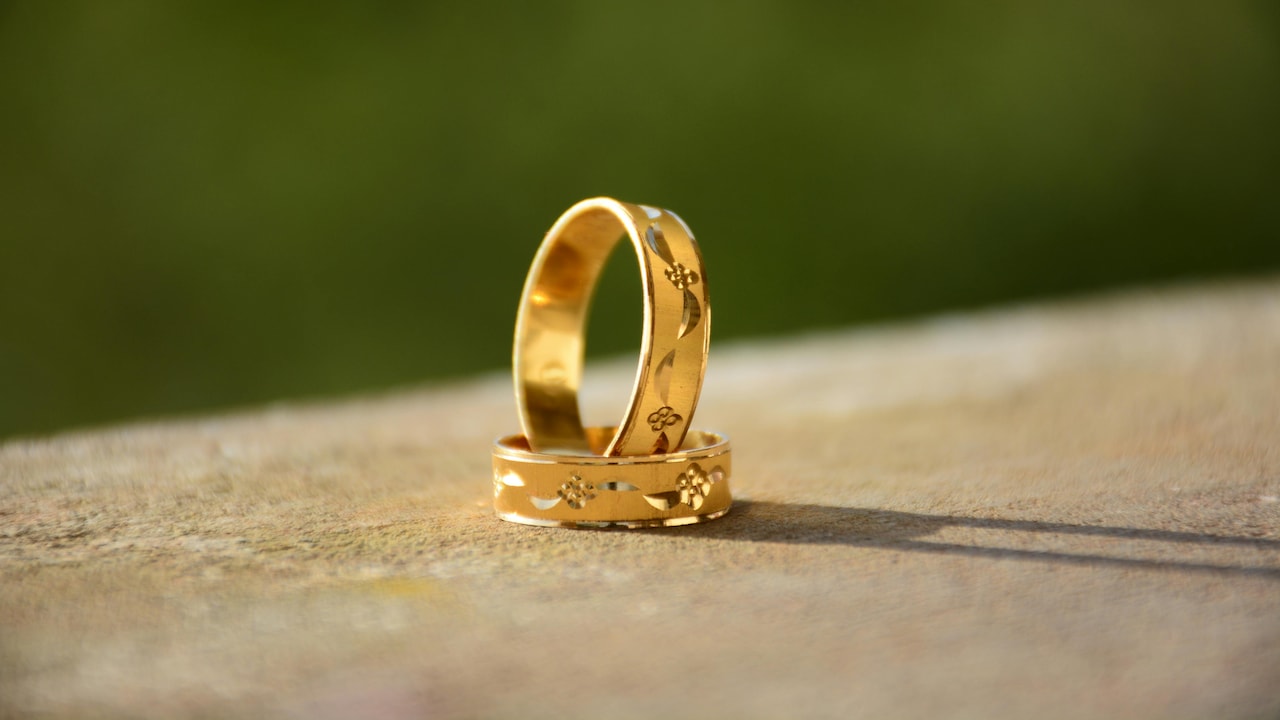
Compare making charges before finalising your purchase.
Photo Credit: Pexels
4. Ask For A Detailed Invoice
A proper bill should mention:
- Weight of the jewellery
- Purity
- Making charges
- Applicable taxes
This document is crucial for resale, exchange, or insurance purposes. Avoid buying from sellers who refuse to provide a detailed invoice, it's a red flag.
5. Compare Making Charges
Making charges can vary widely between jewellers and often add significantly to the final price. Some jewellers charge a percentage of the gold value, while others have fixed rates. Compare across stores and online platforms to get the best deal. For intricate designs, making charges can go as high as 20–25% of the gold value, so factor this into your budget.
6. Inspect Weight And Design
Heavier pieces cost more, but intricate designs may increase making charges. Strike a balance between aesthetics and budget. For silver, ensure the piece isn't hollow unless that's your preference, as hollow jewellery can dent easily. If you're buying for daily wear, opt for sturdy designs that won't bend or break easily.
7. Check For Authenticity Certificates
If you're buying studded jewellery, ask for certificates for diamonds or gemstones. These should detail:
- Cut
- Clarity
- Colour
- Carat weight
Authenticity certificates add value and make future resale easier. For high-value purchases, insist on a certificate from a recognised gemological institute.
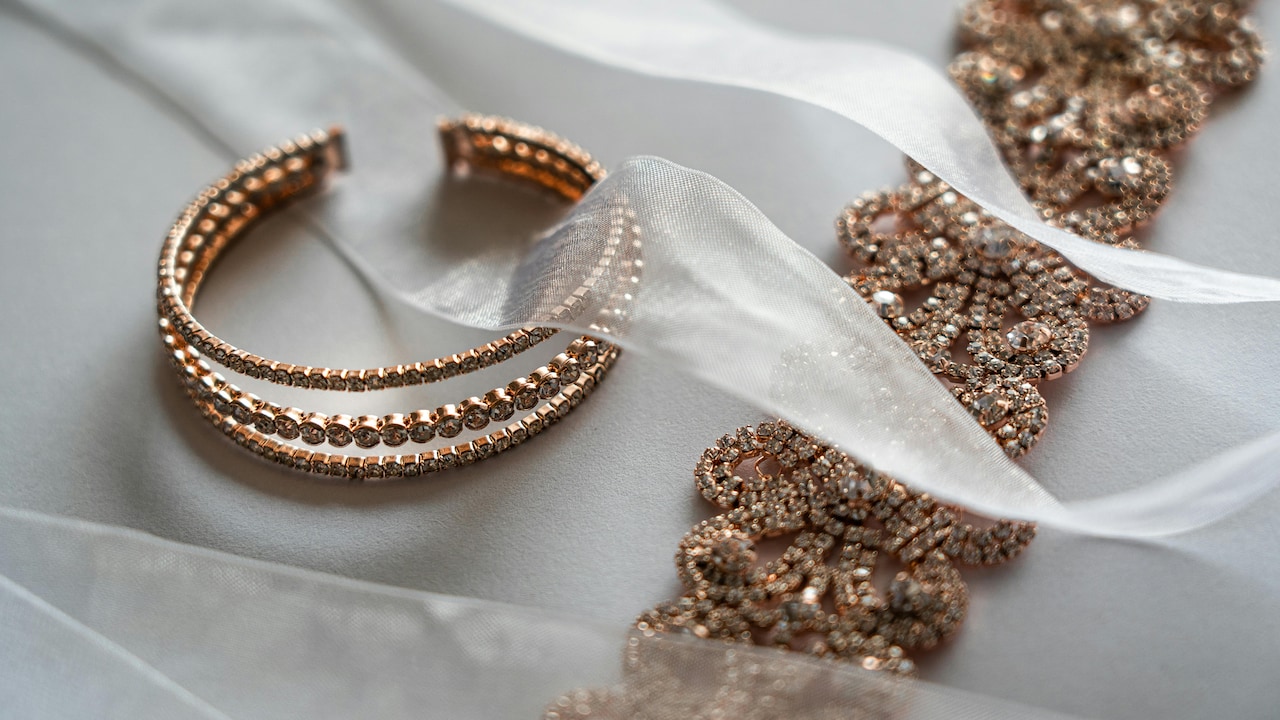
Verify current gold and silver rates to avoid overpaying.
Photo Credit: Pexels
8. Understand Buyback And Exchange Policies
Always clarify the jeweller's policy on buyback or exchange. Some offer full value for gold weight, while others deduct making charges. Knowing this upfront can save you from unpleasant surprises later. If you're buying trendy designs, check if the jeweller offers easy exchange options for future upgrades.
9. Look For Trusted Jewellers
Choose reputed jewellers with transparent practices. Check reviews, ratings, and whether they are BIS-certified. Established brands often have better quality control and customer service. If you're buying from a local jeweller, ensure they have a strong reputation in your community.
10. Consider Occasion And Trend
While investing in classic designs is wise, consider current trends if you want something fashionable for the wedding season. Statement chokers, layered necklaces, and chunky silver pieces are trending in 2025. However, avoid overly trendy pieces if resale value matters to you. Timeless designs like bangles, chains, and studs never go out of style.
Pro Tip For Online Shoppers
If you're shopping online, ensure the platform is credible, offers hallmark-certified jewellery, and has a clear return policy. Read customer reviews and check for secure payment options. Many reputed jewellers now offer virtual try-on features, use them to visualise your purchase before committing.
Expert Insight
Jewellery experts recommend buying gold and silver during auspicious days like Akshaya Tritiya or festive sales, as jewellers often offer discounts on making charges. However, don't compromise on purity or certification for the sake of a deal.
Buying gold and silver jewellery is a blend of emotion and investment. By keeping these checks in mind, you can ensure that your purchase is authentic, valuable, and suited to your needs. After all, jewellery is not just an accessory, it's a legacy that can be passed down for generations.
Frequently Asked Questions (FAQs)
1. How do I check the purity of gold jewellery?
Look for the BIS hallmark, which certifies purity. Common options include 22K for ornaments and 24K for pure gold.
2. What does 925 mean on silver jewellery?
The 925 stamp indicates sterling silver, which is 92.5% pure silver and considered high quality.
3. Why are making charges important when buying jewellery?
Making charges can significantly increase the final price. Compare rates across jewellers to avoid overpaying.
4. Is it safe to buy jewellery online?
Yes, if you choose a trusted platform that offers hallmark-certified jewellery, secure payment options, and a clear return policy.
5. What documents should I get when buying jewellery?
Always ask for a detailed invoice mentioning weight, purity, making charges, and applicable taxes for future resale or insurance.
(Disclaimer: This article may include references to or features of products and services made available through affiliate marketing campaigns. NDTV Convergence Limited (“NDTV”) strives to maintain editorial independence while participating in such campaigns. NDTV does not assume responsibility for the performance or claims of any featured products or services.)









